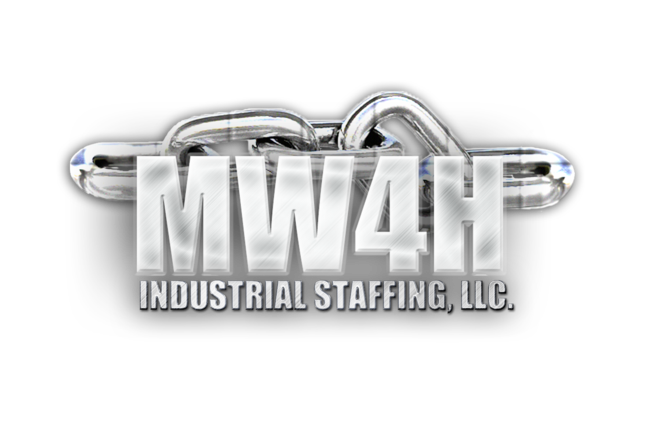



In the rapidly evolving industrial sector, skilled trades remains a cornerstone of productivity and efficiency. As technologies and methodologies advance, the demand for a highly skilled workforce equipped with specific, up-to-date abilities is more crucial than ever. This article explores the essential skills that are pivotal in today's industrial settings and how businesses can effectively nurture these capabilities within their teams.
Mechanical Knowledge:
Mechanical skills are the backbone of the industrial workforce. Workers with the ability to operate, maintain, and repair machinery contribute significantly to minimizing downtime and enhancing production efficiency. Understanding mechanical systems and being able to troubleshoot issues are invaluable skills in industries such as manufacturing, automotive, and aerospace.
Welding Expertise:
Welding remains a critical skill in many sectors, including construction, manufacturing, and shipbuilding. Proficiency in various welding techniques, such as MIG, TIG, and arc welding, is crucial. The ability to read and interpret blueprints and a strong understanding of metallurgy can set a professional apart from their peers.
Electrical Skills:
As industries adopt more sophisticated technologies, the demand for professionals with electrical skills is on the rise. Being able to install, maintain, and troubleshoot electrical systems ensures that operations stay up and running smoothly and safely.
Programmable Logic Controller (PLC) Programming:
PLCs control a wide range of industrial machinery and processes. Skills in programming PLCs are essential for enhancing automation in production processes, leading to higher efficiency and fewer errors.
Safety Practices:
Safety cannot be overstated in industrial environments. Knowledge of and adherence to safety standards and protocols, such as OSHA guidelines, not only protects individuals but also reduces the risk of costly accidents and liability for companies.
Soft Skills:
Beyond technical capabilities, soft skills like effective communication, teamwork, problem-solving, and adaptability are essential. They enable workers to integrate into various teams and adapt to changing environments or project requirements.
Project Management:
Skills in project management are increasingly important as workers often need to oversee projects from inception to completion. Understanding project planning, scheduling, budgeting, and leadership can significantly impact the success of projects.
Conclusion
Cultivating these skills within an industrial workforce is not just about hiring the right talent but also about continuous training and development. Businesses can invest in regular training programs, workshops, and courses that keep their employees' skills sharp and up-to-date. Additionally, fostering a culture that values continuous learning and improvement can encourage employees to further develop their skills autonomously. In an industry driven by precision, efficiency, and innovation, equipping workers with these top skills is indispensable for any business aiming to stay competitive and effective.